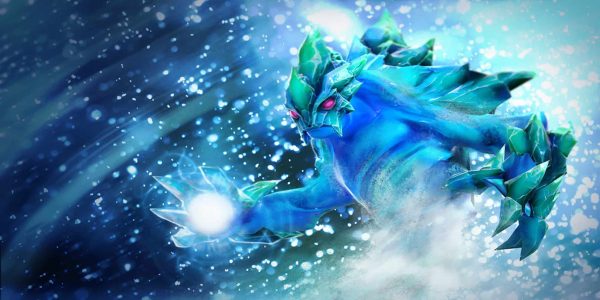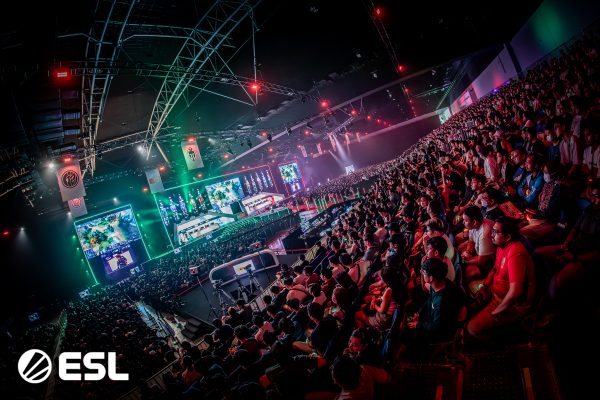As the spread of COVID-19 continues to ravage the globe, disruptions in travel, border closures and quarantines have left much of the esports world reeling. Sunday, Valve released a statement on the official Dota 2 twitter account announcing the cancellation of both the OGA Dota PIT Minor and the coinciding EPICENTER Major. The decision made on the grounds of safety for players, talent and fans means a total disruption of the Dota Pro Circuit. The statement also added that the fifth Minor/Major cycle could be at risk due to the geopolitical landscape.
Both the Dota Pit Minor and the EPICENTER Major have been cancelled.
It is a decision to be applauded simply for the sake of everyone’s safety but also opens a host of questions that need to be answered in the coming days. Players, organizations, talent and fans all have different legitimate concerns regarding the future of the DPC in 2020.
The Fallout
For the players, it means an extended vacation from high level competition and the prize money that comes with DPC tournaments. In some other esports this might not be as big of a deal thanks to high guaranteed salaries but in Dota, much of a player’s income comes directly from tournament prize money. More established organizations will likely be able to weather this storm, but we could see some experience significant economic hardship as a result. When the players do return to play, will we see a significant drop in the level of competition due to the down time?
Many organizations have been wary to enter the Dota space due to team instability and a harsh environment for sponsors. Those that have thrived in the ecosystem do so almost exclusively because of sponsorship which relies on appearances in front of large audiences. Suddenly, the number of impressions that a sponsor can expect from working with a Dota team has dropped significantly. Smaller teams or startup organizations that rely on just participating in an event or major qualifier to secure deals could be completely out of luck in terms of exposure. Teams will certainly experience a hit to their bottom line over the coming months and may take some time to rebound in terms of what they can charge potential sponsors.
For the talent that works the events, the announcement is an even more disruptive turn of events. Most esports casters, hosts, observers and content creators are freelance contractors who rely on lump sum payments for these infrequent events to sustain themselves. The pool of talent who regularly attends events is quite small in number and very few get invited to all of them. Missing out on a single event could reduce the yearly income of a talent by a massive amount, not to mention missing two for unforseen circumstances. The other side of talent in Dota are those who work almost exclusively online during qualifiers for events. These up and comers are often doing so part-time or taking a risky shot at making a name for themselves. Without any major tournaments the qualifiers cease to exist and any online only tournaments may now look to hire higher-tier talent instead.
Fans are likely the least impacted by the COVID-19 outbreak in monetary terms but also suffer from a sudden lack of engagement with their favorite game. For some, this may mean moving on to other pastimes while others will simply tune in to their favorite streamers as usual. More pro players could turn to streaming to try and make up for some of the revenue lost from the tournament prize pools and offer a wide variety of choices for fans of the game. It is just a small silver lining however to the sudden lack of high quality Dota to watch, whether in person or online. Hopefully for the Dota ecosystem, when the LAN tournaments do return there will be a resurgence of interest and viewership as has been the case for many infamous twitch streamers returning from platform bans.
Does a solution already exist?
Currently there is no timeline for a solution to the current issues that Dota 2 esports is facing. Will The International 10 still happen and what teams will attend with the lack of DPC points to earn this season? The one main thing that esports does have going for it is the ability to do things online and therein could lie a temporary solution for Valve and the Dota 2 team. The groundwork for regional league play has already been laid for the 2020/2021 Dota Pro Circuit. In a time when players, talent, organizations and fans all desperately need some Dota, every option should be explored.

